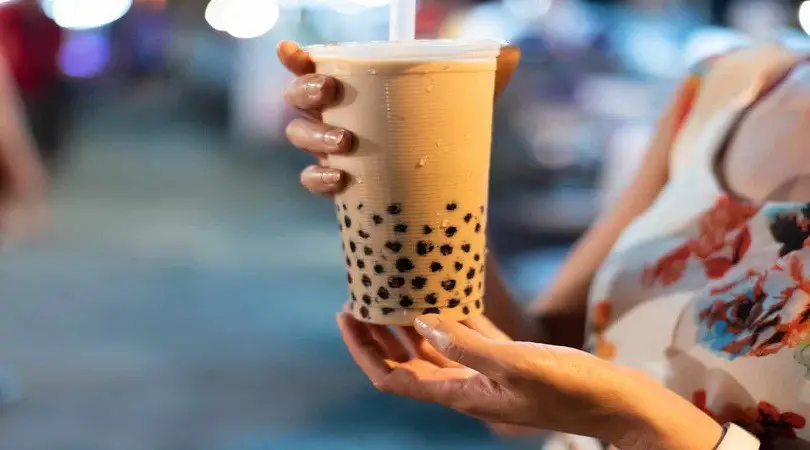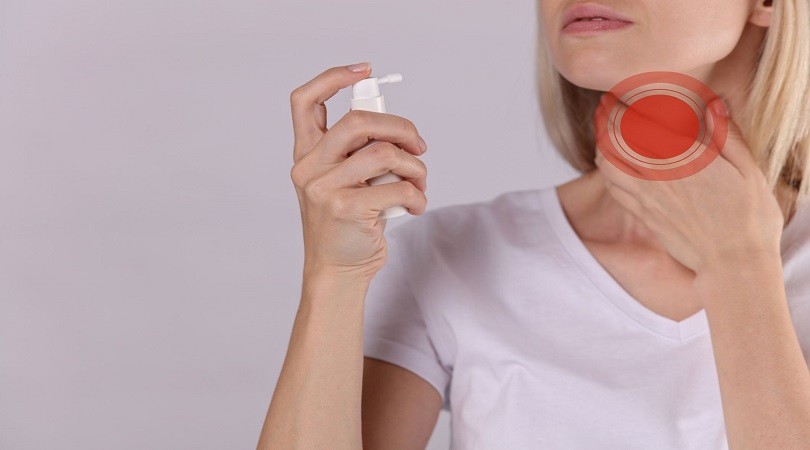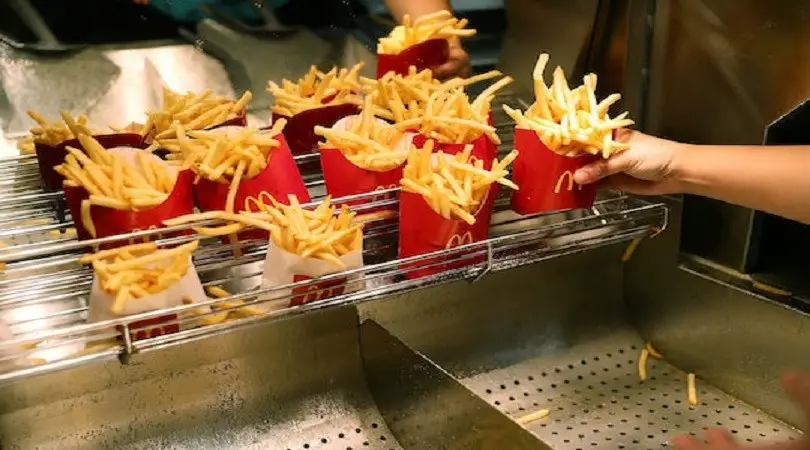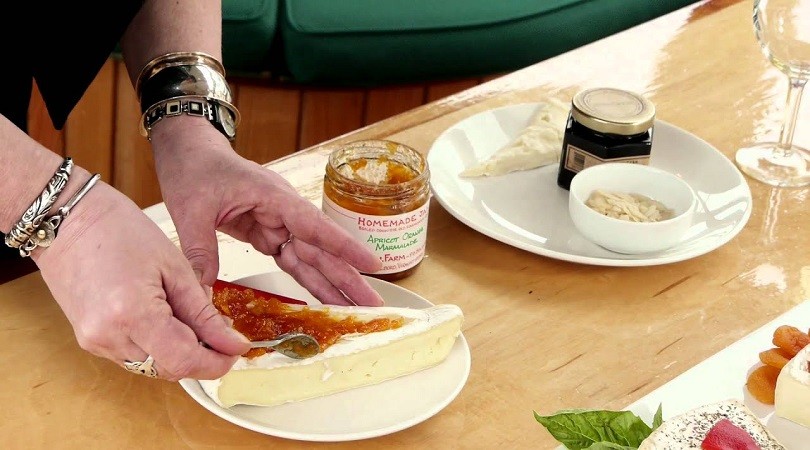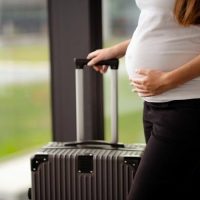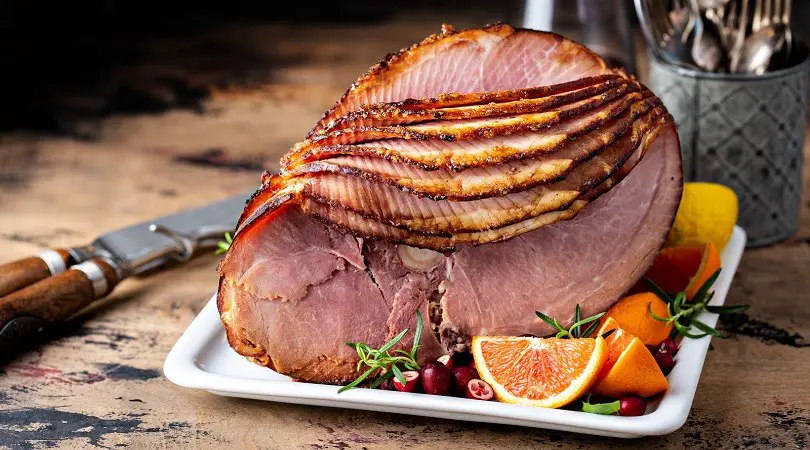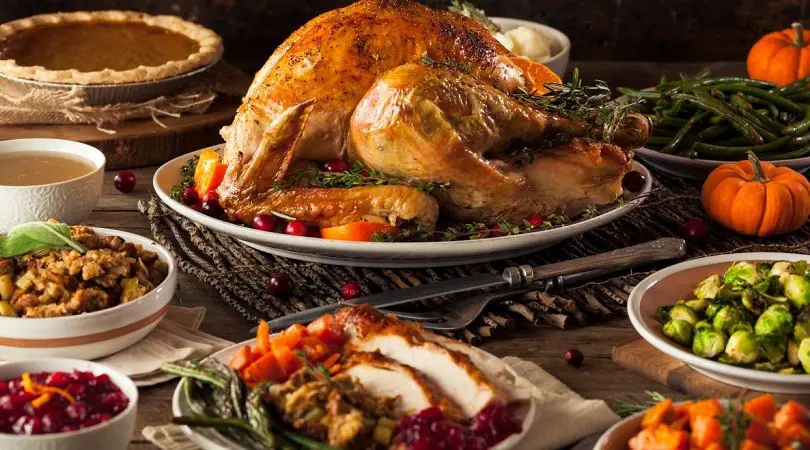Last Updated on October 15, 2024
Yes, you can eat boba while pregnant. However, it is important to consume it in moderation and choose high-quality ingredients.
Boba, also known as bubble tea, typically contains tapioca pearls, tea, milk, and sweeteners. While the tapioca pearls may not provide significant nutritional value, they are generally considered safe to consume during pregnancy. Pregnant women should be cautious about their caffeine intake, as excessive consumption can lead to negative health effects.
Therefore, opting for decaffeinated or lower-caffeine versions of boba tea is recommended. It is also important to choose a reputable boba shop that follows proper food safety practices. As with any food during pregnancy, it’s advisable to consult with your doctor or healthcare provider for personalized advice.
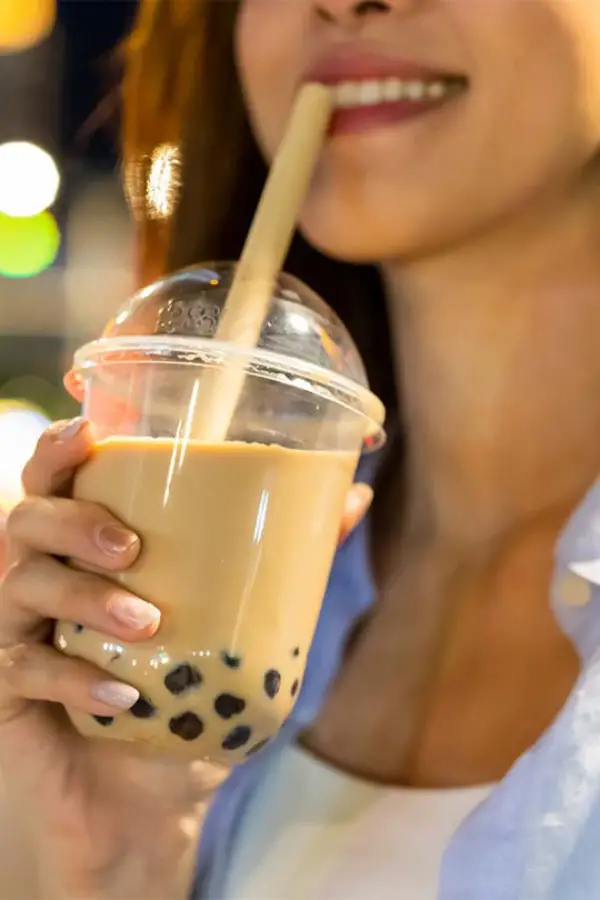
Related: Can I Eat Breakfast Sausage While Pregnant?
The Risks Associated With Boba Consumption During Pregnancy
Craving for your favorite boba drink but unsure if it’s safe during pregnancy? We understand the importance of making healthy choices for both you and your unborn baby. Let’s take a closer look at the potential risks associated with consuming boba during pregnancy and assess the safety levels of its different ingredients.
Potential Health Hazards Of Consuming Boba During Pregnancy:
- Sugary overload: Boba drinks are typically loaded with sugar, which can contribute to excessive weight gain and increase the risk of gestational diabetes.
- Calorie concerns: Boba drinks are often high in calories, and excessive calorie intake during pregnancy can lead to unhealthy weight gain and potentially harmful health effects.
- Artificial additives: Some boba shops may use artificial flavors, colors, and preservatives in their drinks, which may not be ideal for pregnant women due to potential adverse effects on fetal development.
- Foodborne illness: Improper handling or preparation of boba ingredients, such as tapioca pearls or flavored syrups, can increase the risk of foodborne illnesses like salmonella or e. coli infection.
Assessing The Safety Levels Of The Different Ingredients In Boba:
- Tapioca pearls: The main ingredient in boba drinks, tapioca pearls, is generally safe to consume during pregnancy. However, it is essential to ensure that they are cooked properly to minimize any potential risks.
- Milk or non-dairy alternatives: Many boba drinks contain milk or non-dairy substitutes. If you have no allergies or intolerances, these ingredients are usually safe. However, it’s important to choose pasteurized options to minimize the risk of bacterial contamination.
- Flavorings and sweeteners: Some boba drinks may contain flavorings and sweeteners, which can include natural extracts, artificial ingredients, or high-fructose corn syrup. Opting for drinks made with natural extracts and minimal sweeteners is generally a healthier choice.
The Impact Of Caffeine In Boba On Pregnancy Outcomes:
- Caffeine content: Most boba drinks contain tea, which can contribute to their caffeine content. Consuming too much caffeine during pregnancy can increase the risk of miscarriage, preterm birth, and low birth weight.
- Moderation is key: It’s essential to monitor your caffeine intake during pregnancy. The American college of Obstetricians and Gynecologists recommends limiting caffeine intake to 200 mg per day. Be mindful of other sources of caffeine in your diet, such as coffee or chocolate, to stay within the recommended limits.
Remember, every pregnancy is unique, and it’s crucial to consult with your healthcare provider before making any dietary decisions. They can provide personalized advice based on your specific health needs and circumstances. Being aware of the potential risks associated with consuming boba during pregnancy and making informed choices will help you enjoy a healthy pregnancy journey.
Identifying Safe Boba Alternatives For Pregnant Women
Exploring Pregnancy-Friendly Alternatives To Traditional Boba
Pregnancy is a special time when it’s important to be mindful of the foods we consume. While traditional boba drinks may not be the best choice for pregnant women due to certain ingredients or preparation methods, there are plenty of pregnancy-friendly alternatives that can still satisfy those boba cravings.
Let’s explore some nutritious and flavorful options that you can enjoy during this special phase of your life.
Nutritious And Flavorful Options That Can Satisfy Boba Cravings
When it comes to boba substitutes, several delicious alternatives can offer both great taste and nutritional value. Here are some options that you can consider:
- Fruit-infused water: Create a refreshing and hydrating drink by infusing water with slices of your favorite fruits, such as strawberries, oranges, or cucumbers. Add a touch of mint leaves for an extra burst of flavor.
- Herbal teas: Indulge in a variety of herbal teas that are safe for pregnancy, such as chamomile, ginger, or peppermint tea. These flavorful brews can be enjoyed hot or cold, depending on your preference.
- Chia seed drinks: Chia seeds are packed with essential nutrients and can provide a fun texture similar to boba. Soak them in your choice of liquid, such as coconut milk or fruit juice, for a tasty and nutritious beverage.
- Smoothies: Blend together a combination of fruits, yogurt, and milk to create a creamy and satisfying smoothie. You can experiment with different flavors and add-ons like spinach, peanut butter, or oats to enhance the nutritional value.
- Mocktail creations: Get creative with mocktails by combining sparkling water, fruit juice, and garnishes like fresh herbs or citrus slices. These mocktails are not only alcohol-free but also offer a refreshing alternative to traditional boba drinks.
Related: Can Pregnant Women Eat Cheetos?
Considerations For Choosing Boba Substitutes Based On Individual Needs
When selecting boba substitutes during pregnancy, it’s essential to consider your individual needs and any specific dietary requirements. Here are some factors to keep in mind:
- Allergies or sensitivities: If you have any known food allergies or sensitivities, ensure that the boba alternatives you choose are free from those specific ingredients.
- Nutritional requirements: Take into account your nutritional needs during pregnancy. Opt for substitutes that provide a good balance of vitamins, minerals, and other essential nutrients like fiber or protein.
- Caffeine content: Some boba substitutes, such as herbal teas or chia seed drinks, offer an excellent caffeine-free option. However, if you still want a caffeine boost, choose substitutions that have limited caffeine content, such as green tea or lightly brewed black tea.
- Personal preferences: Ultimately, go for boba alternatives that you enjoy and find satisfying. Experiment with different flavors, textures, and combinations to discover your favorites.
Remember, always consult with your healthcare provider or a registered dietitian before making any significant dietary changes during pregnancy. They can provide personalized recommendations based on your specific needs and ensure you’re making informed choices.
So, while traditional boba drinks may not be the best option during pregnancy, there is no shortage of delicious and nutritious alternatives to try. Don’t let those boba cravings go unsatisfied – experiment with these pregnancy-friendly substitutes and find the perfect one for you.
Cheers to a healthy and enjoyable pregnancy journey!
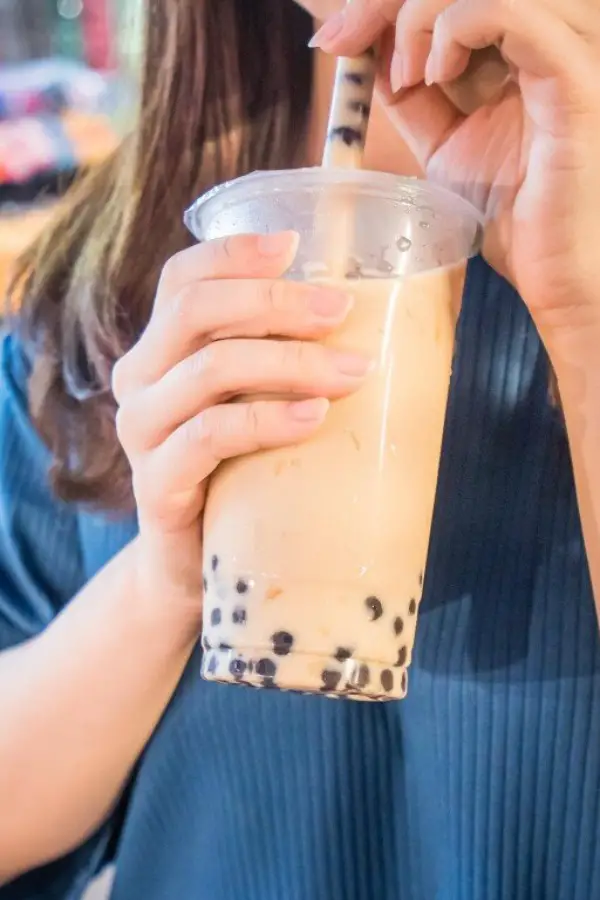
Tips For Making Informed Choices When Consuming Boba While Pregnant
Understanding portion sizes and moderation when enjoying boba:
- Boba tea is typically high in sugar and calories, so it’s important to be mindful of portion sizes and consume it in moderation during pregnancy.
- Opt for smaller-sized drinks or share a larger one with a friend to reduce sugar and calorie intake.
- Consider asking for less sweetener or opting for healthier sweetening options like honey or agave instead of regular syrup.
- Keep in mind that boba pearls add extra carbohydrates and calories to the drink, so it’s best to limit the amount of pearls consumed.
- Be aware of the potential effects of caffeine present in some boba teas and choose decaffeinated or herbal options instead.
Creating a balanced diet and incorporating boba as an occasional treat:
- During pregnancy, it’s crucial to maintain a well-balanced diet that includes a variety of nutrients to support both your health and the baby’s development.
- Make sure to prioritize nutrient-rich foods like fruits, vegetables, whole grains, lean proteins, and dairy products.
- Consider boba as an occasional treat rather than a regular part of your diet to ensure you’re getting essential nutrients from other food sources.
- If you’re craving boba, try to indulge in healthier alternatives by choosing fruit teas or milk teas with added fruit flavorings instead of sugary syrups.
- Remember to stay hydrated by drinking plenty of water alongside your boba consumption.
Consulting with a healthcare provider for personalized advice on boba consumption during pregnancy:
- Every pregnancy is unique, and individual circumstances can vary. It’s essential to consult with your healthcare provider for personalized advice regarding boba tea consumption during pregnancy.
- Your healthcare provider can assess your overall health, dietary needs, and potential risks associated with consuming boba while pregnant.
- They can guide the frequency and quantity of boba tea that may be appropriate for you.
- If you have any concerns or questions about the ingredients in boba tea or its potential effects on pregnancy, don’t hesitate to discuss them with your healthcare provider.
Remember, it’s crucial to prioritize your and your baby’s health during pregnancy, and making informed choices about boba consumption can contribute to a healthy and balanced lifestyle.
Related: Can You Have Crab Rangoon While Pregnant?
Frequently Asked Questions Can I Eat Boba While Pregnant?
Can I Drink Boba Milk Tea While Pregnant?
Yes, you can enjoy boba milk tea while pregnant as long as you consume it in moderation and opt for decaffeinated options.
Is It Safe To Consume Tapioca Pearls During Pregnancy?
Absolutely! Tapioca pearls used in boba are safe to eat during pregnancy when cooked properly and consumed in moderation.
Are There Any Health Risks Associated With Eating Boba?
When consumed in moderation, boba poses no significant health risks during pregnancy. However, excessive sugar intake should be avoided.
What Are Some Alternative Options For Pregnant Women Who Want Boba?
If you’re pregnant and craving boba, try opting for herbal teas, fruit-infused water, or decaffeinated versions of your favorite boba flavors.
Conclusion
To sum up, boba can be a delightful treat during pregnancy, but it’s essential to consume it in moderation and with caution. While the tapioca pearls themselves are generally safe, it’s crucial to be mindful of the additives and ingredients used in the boba drink.
Opting for freshly made boba and choosing a reputable and clean establishment is key. Pregnant women should also consider the caffeine content in boba, as excessive caffeine intake may lead to negative effects. It’s wise to consult with a healthcare professional to determine the suitable amount of caffeine for your situation.
Additionally, maintaining a balanced diet during pregnancy is crucial for the health of both the mother and the baby. Including a variety of nutritious foods, such as fruits, vegetables, lean proteins, and whole grains, is essential. Overall, while boba can be enjoyed occasionally during pregnancy, being mindful of the ingredients, caffeine intake, and overall dietary balance is key.
Prioritizing your health and consulting with your healthcare provider will ensure a safe and enjoyable pregnancy journey.

